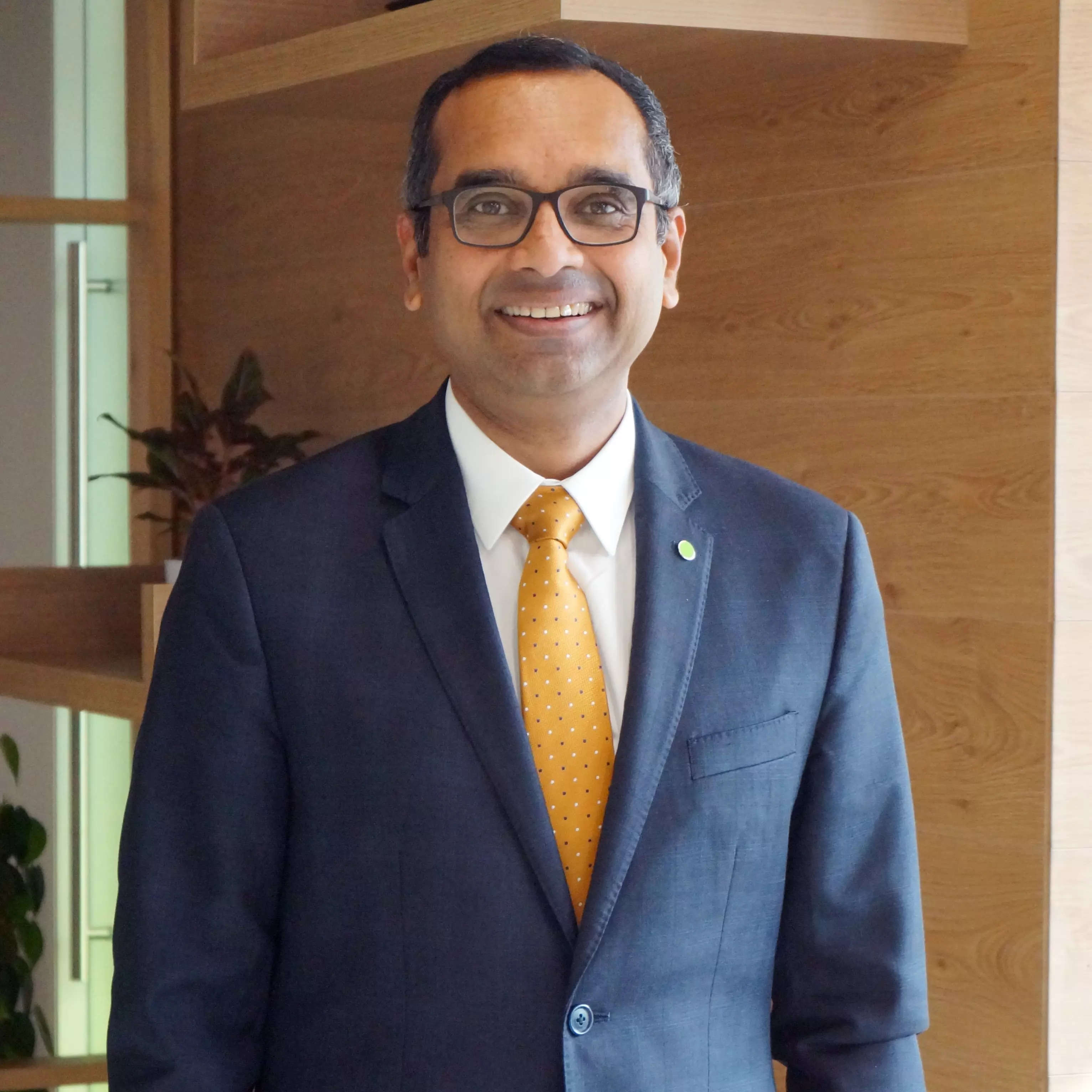
[ad_1]

Corporate governance provides a framework for decision-making with accountability & transparency. The Board of Directors provide stewardship and oversight to this framework providing the right strategic steer to the business, while protecting stakeholder interests, ensuring compliance with the laws of the land, and maintaining the highest level of ethical standards.
Climate crisis, waves of pandemic, macroeconomic shocks, geopolitical conflicts, social unrest, and technological advancements are forcing changes in business priorities. This new environment is characterised by an increasingly complex set of expectations from various stakeholder groups, heightened need for societal engagement, technological disruptions, increased performance pressures from investors, an ever evolving and uncertain future. Effective corporate governance has always been imperative for the long-term success and sustainability of a business, but the current era of PermaCrisis is raising the bar for corporate governance for Boards.
The way the Board of Directors think, operate, collaborate, and govern is changing. Beyond regulation and compliance, the Members of the Board are expected to have a proactive approach to opportunity and risk management, long term sustainability and stakeholder engagement.
Board agendas have always been chock-a-block and now they have extended beyond the traditional role of providing oversight on performance and compliance. While Boards remain responsible for overseeing business fundamentals, Board agendas are witnessing seismic shifts and Boards of the future will need to balance their oversight on a myriad of emerging issues like technology strategies, digital and AI investments, cyber security, data privacy, social and climate risks, societal and stakeholder relationships. All this, in addition to occupying more time in the Boardroom, will also require diversity of skills and thoughts in the Boardroom. Board’s remit is also expanding with governance reforms and with this comes greater accountability that requires Boards to become more flexible, agile, and responsive.
Deloitte’s Chair of the Future Research shows that Boards of the future will be younger, non-traditional, diverse, and much more agile and will be designed on the basis of “what you know” and not “who do you know”. The diversity of skill, experience, age, and gender in the Boardrooms is becoming more relevant now than ever before.
Skills in the boardroom also need to be backed with mature corporate governance Frameworks that have evolved and will support organisational resilience through:
1. Effective leadership and engaging Board oversight
2. Building Trust through more structured engagement with all stakeholders
3. More deliberative, clear and transparent decision making
4. Continuous oversight on risk management, mitigation, and internal controls
5. Focus on Diversity, Equity & Inclusion across the organisation
6, Strengthening the corporate culture and monitoring the associated risks
7. More attention to how business and society co-exist
The supervisory and stewardships roles of the Boards need to find the right balance. The dynamic environment requires organisations to be agile and adaptable and also need them to be ahead of the curve, have a medium- and long-term vision to navigate through unexpected turbulences, which is exactly the perspective that high-performing Boards should bring to the Boardroom. An important component of this vision is connecting the interests of multiple stakeholders in a coherent strategy. Effective corporate governance oversight will ensure that Boards keep pace with the changing times, may be stay ahead so that they can guide the management as true stewards and sparring partners.
If a Board is to truly fulfil its mission of effective corporate governance —to monitor business performance, oversee risk and compliance matters, advise the CXOs, and provide connections with a broader world—it must become a robust team, one whose members know how to provide strategic stewardship, ensure high levels of integrity, protect stakeholder interests, challenge the management and one another, and even have a good fight now and then.
About the Author: Santosh Kumar, Partner, Risk Advisory, Deloitte India
Disclaimer: The views expressed are solely of the authors and ETCFO.com does not necessarily subscribe to it. ETCFO.com shall not be responsible for any damage caused to any person/organisation directly or indirectly



